2023-12-12 15:38
Joint private and public Commitments in Favour of the Decarbonisation
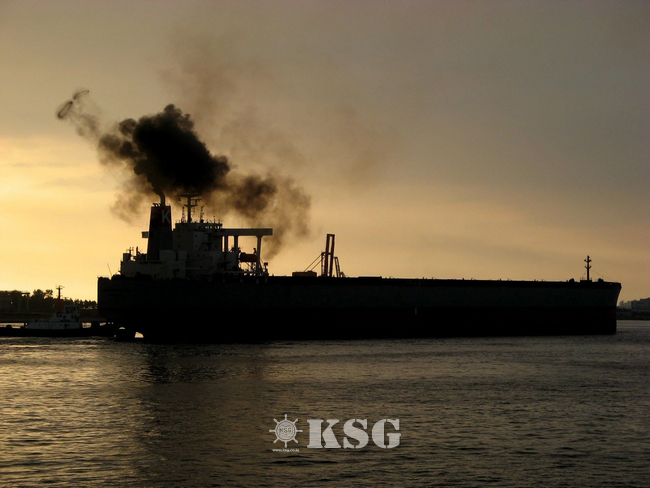
Acknowledging that decarbonising the global maritime transport in line with the revised 2023 International Maritime Organisation’s (IMO) GHG Strategy will require unprecedented synergies as well as large investments from both public and private stakeholders.
We, the signatories, Underline that it is essential that the whole shipping industry and governments join efforts together striving for the most ambitious decarbonisation pathway, i.e., the closest to the Paris Agreement´s goal to limit global temperature increase to 1.5°C.
Commit to actively promote and cooperate within the IMO for the establishment and entry into force from 2027 of a robust regulatory framework driving a globally effective and equitable progressive green transition of the shipping sector. This includes the following two elements – both based on the lifecycle GHG emissions of marine fuels, with the aim to reduce GHG emissions within the boundaries of the energy system of international shipping and to prevent a shift of GHG emissions to other sectors: a global goal-based marine fuel GHG intensity standard to drive the decarbonisation pathway of the sector, while allowing for a flexible compliance mechanism for all ships to ensure the level playing field and incentivize the use of the most innovative fuels and technologies from the start; a global maritime GHG pricing mechanism covering all GHG emissions from ships, with a predictable price, aiming at incentivising energy efficiency and reducing the price gap between fossil and sustainable marine fuels towards zero and near-zero GHG emission fuels.
Collectively accelerating cooperation and partnerships to establish, green shipping corridors by 2025, to build upon the commitments embedded in the 2021 Clydebank Declaration and to report on this target by the UN Conference on Ocean in Nice, June 2025.
Moreover, leaders of the shipping industry call for: targeting at the scale of their respective fleets one or several of the highest levels of ambition of the IMO GHG Strategy, i.e., 30% total emission reduction by 2030, compared to 2008 and/or use of 10% of zero and near-zero GHG fuels and energy sources in their fleets’ fuel mix by 2030, and/or 80% emission reduction by 2040, and achieving net-zero GHG emissions by or before 2050.
In parallel, efforts should be made by other stakeholders allowing access to sufficient quantities of sustainable marine fuels, in particular through public policies; collectively implementing newbuilding standards that support the energy transition, e.g. setting a firm date beyond which all newbuilt ships will be capable to operate also on zero and near-zero GHG emission fuels; For their part, to reach the above-mentioned objectives, governments commit to: Endeavour to set up a global level playing field through international regulations in IMO ; Provide regulatory and framework conditions in support to industry initiatives, such as the development of R&D synergies and voluntary cooperation, and upscaling of fuel production and supply of sustainable marine fuels in sufficient quantities to enable and enhance decarbonization of the international shipping, in line with the objectives of the 2023 IMO GHG Strategy;
Support concretely a just and equitable climate transition of maritime industry, which leaves no one behind. This could include actions to support implementation of the IMO GHG Strategy in developing countries, promotion and deployment of efficient solutions through bilateral technical cooperation partnerships, capacity-building initiatives, or new financial contributions to IMO funds and programmes dedicated to decarbonization of shipping.
< Korea Shipping Gazette >
많이 본 기사
- HMM, 4번째 9000TEU급 신조 컨선 부산-남미동안항로 취항“미중 입항세 유예로 국적선사 경쟁력 제고 놓쳐”신선대감만터미널·부산신항만·경북항운노조 항만안전대상 영예‘남미 30%대 껑충’ 컨운임지수 2주만에 1400선 회복벌크선시장, 철광석 수요 활황에 선복 부족 이어져팬스타그룹 2500t급 연안유람선 부산서 첫 뱃고동부산항만공사, 스마트항만 기술혁신포럼 개최中 시안-체코 프라하 정기화물열차 운행 개시대만 3대 선사 3분기에 영업익 1.7조 합작KMI, 부산국제금융진흥원과 해양수도 금융전략 논의
- 부산신항 비엔씨티, 김장김치 1100박스·700만원 기탁HD현대, 디지털·AI 앞세워 2030년 ‘매출 100兆’ 목표 제시박정석 한국해운협회장, 명예 해기사·1급항해사 위촉인천공항공사–항공대, 공항직원 전문교육 확대 나선다조선기자재연구원, 산업혁신기술지원플랫폼 사업성과·과제 공유건강칼럼/ COPD 환자, 추우면 ‘숨’이 힘겹다!BPA, 환적모니터링시스템 포트아이 16일 先배포중국유럽정기화물열차 누적 운행횟수 12만회 돌파인사/ 해양수산부IPA, 인항고·인천해사고에 장학금 2000만원 전달






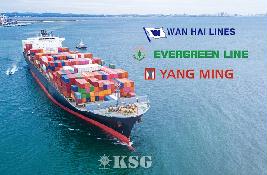

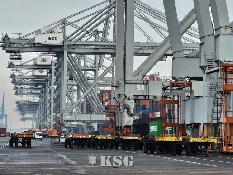







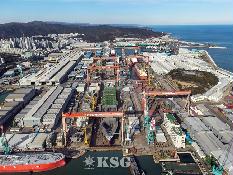

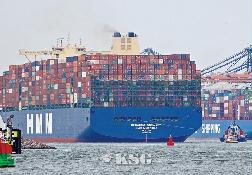
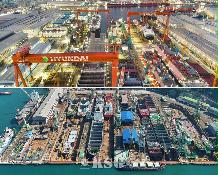



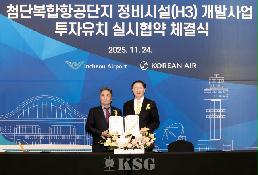

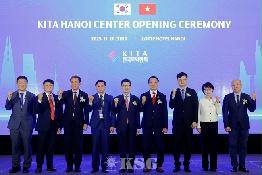
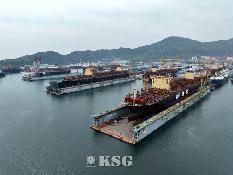
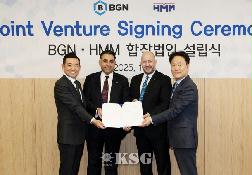

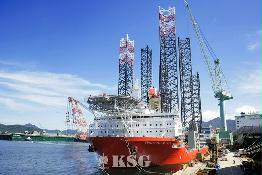

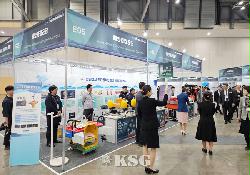
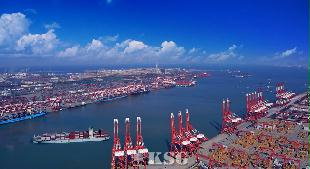
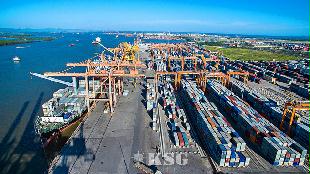
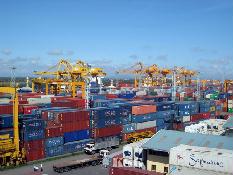








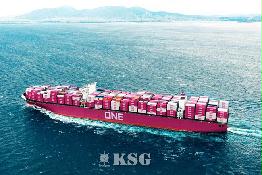






















0/250
확인